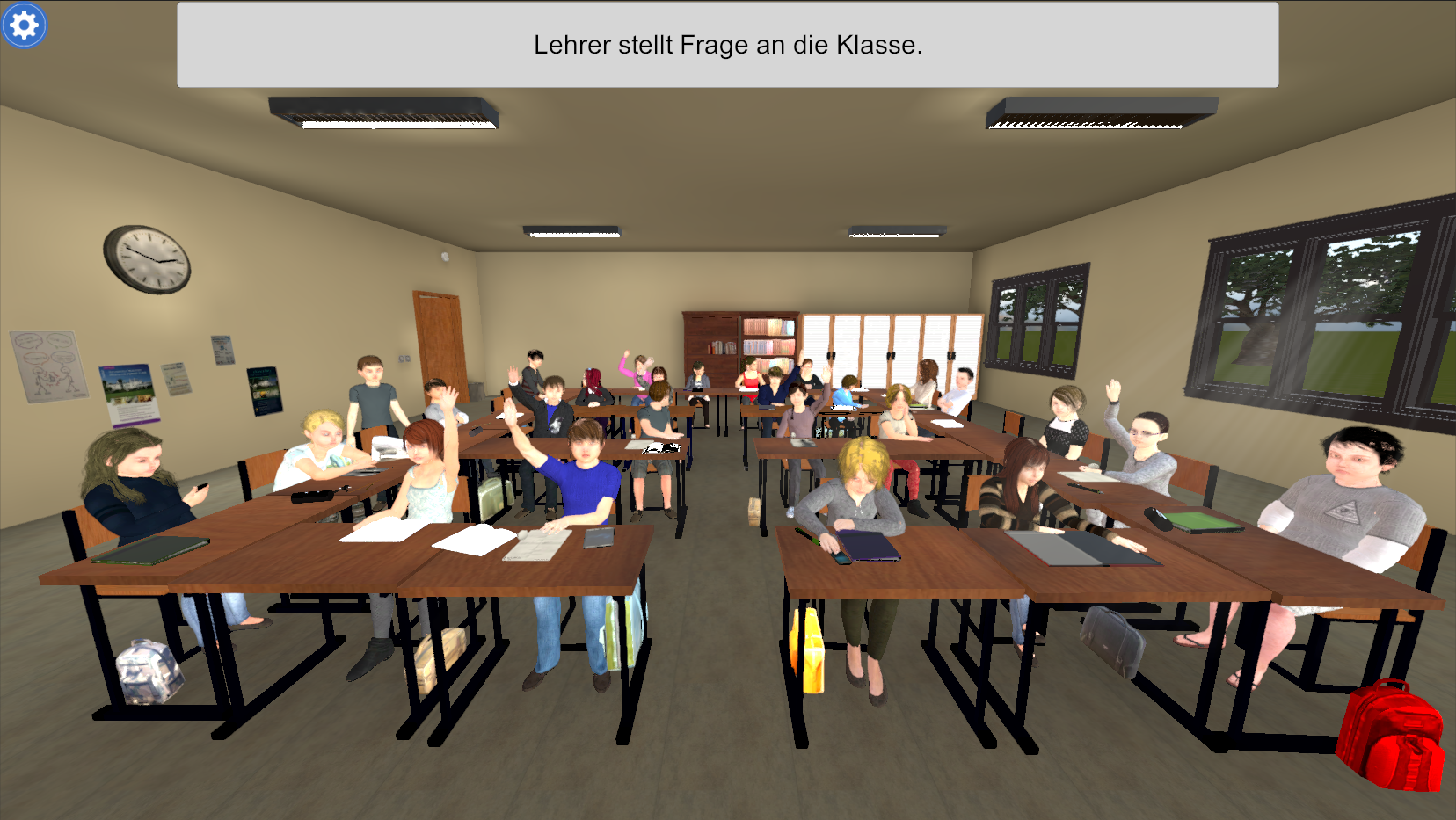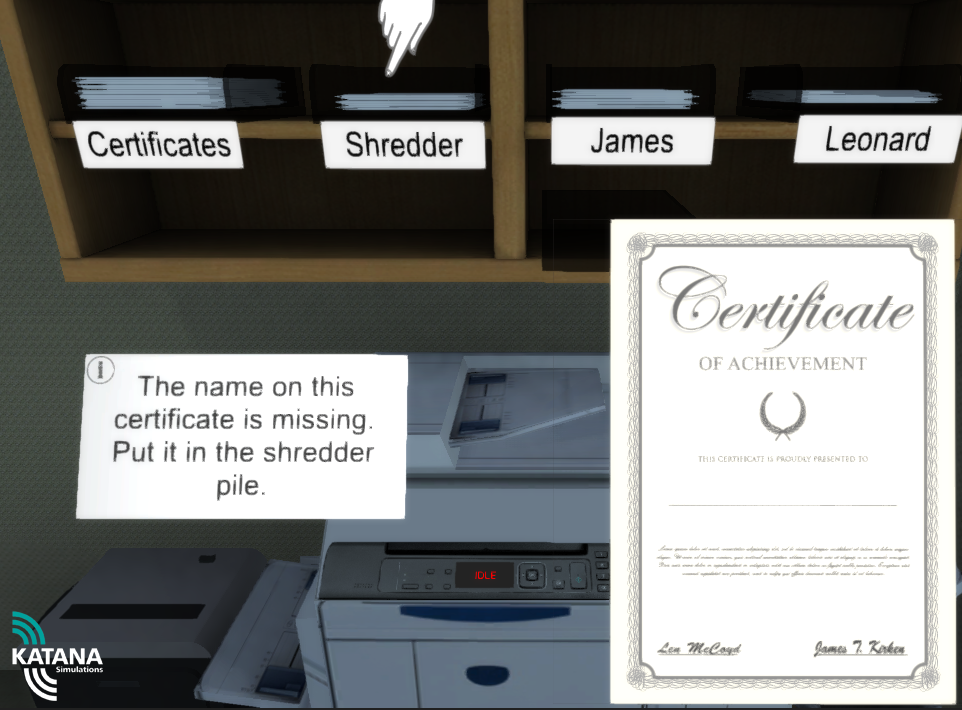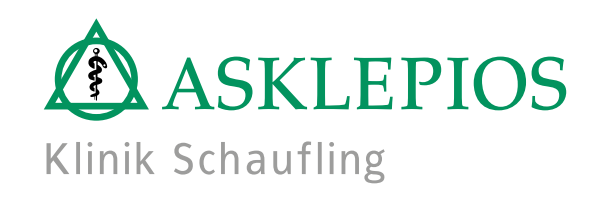Katana Simulations develops realistic simulations for cognitive training and assessment
Virtual Simulation Software Suite
SIM:Classroom
For teachers, researchers and clinicians alike - simulate complex classroom interactions, distractions and educational content.
Wonderworks
A comprehensive vocational simulation and structured training of cognitive abilities to assess and train complex attention functions.





















